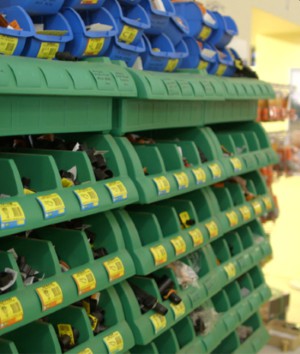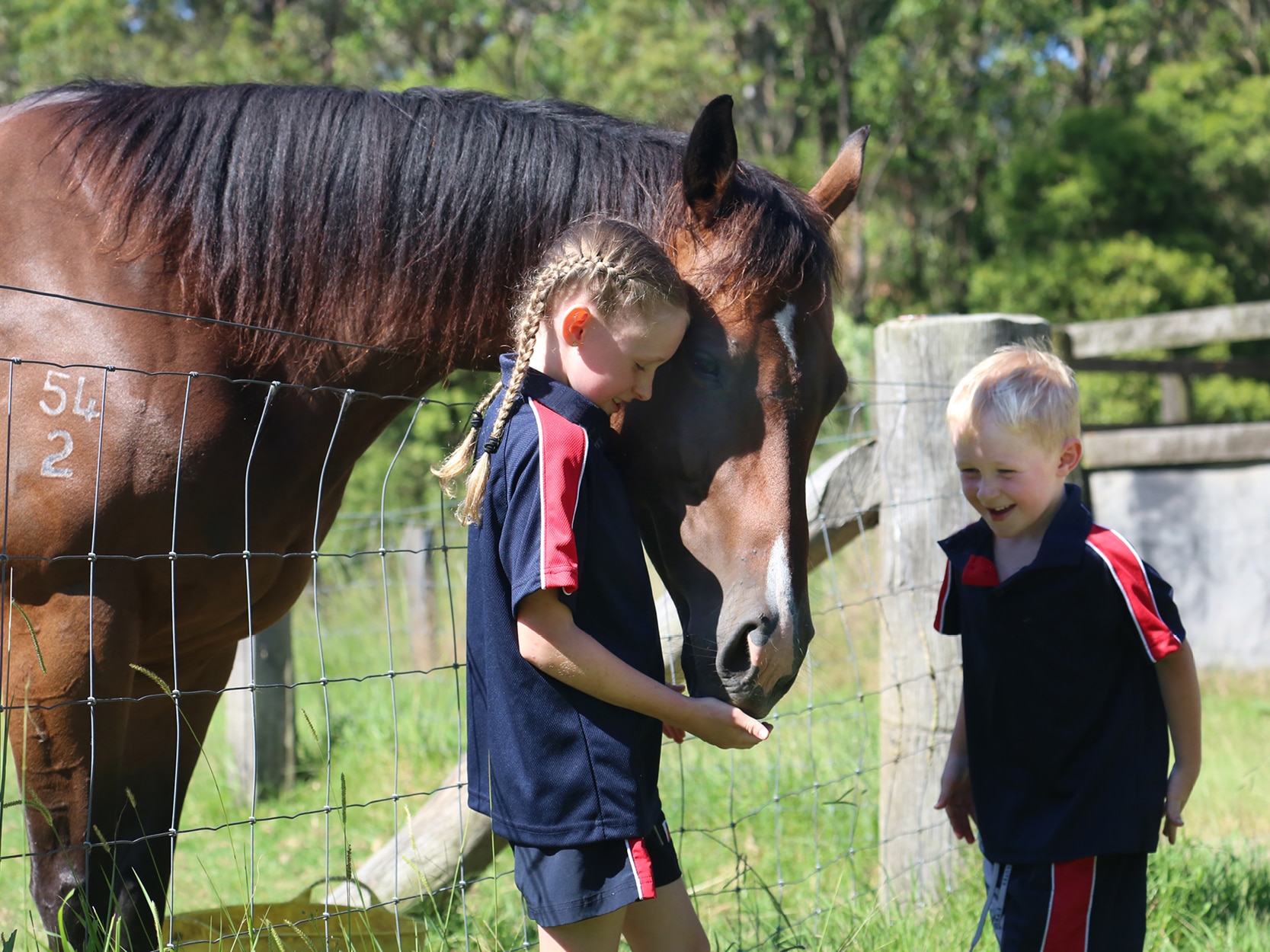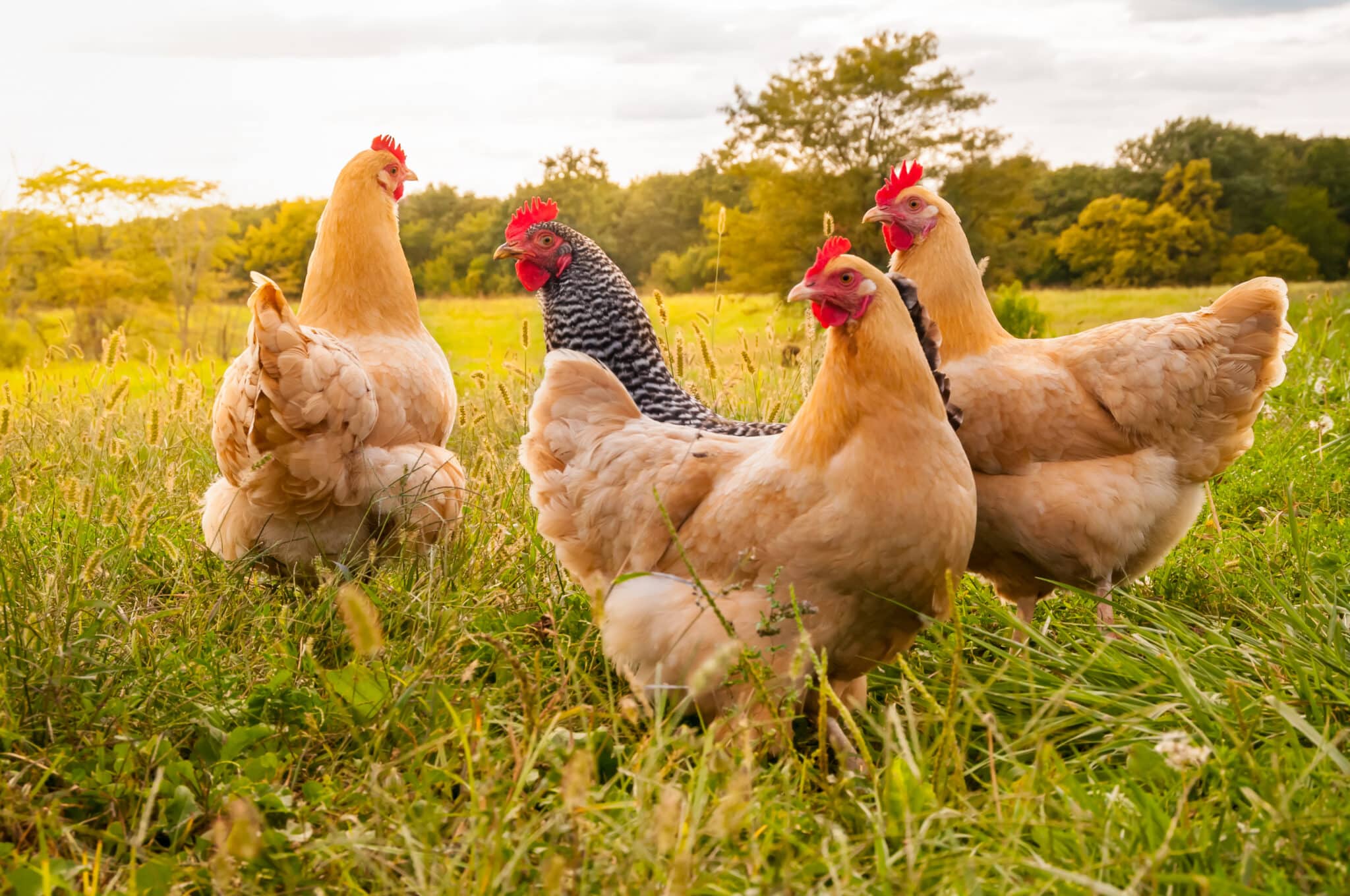Did you know that until the 1960’s horses commonly died from internal parasites?
Before the development of the modern deworming chemicals, it was all a bit “hit and miss” with all manner of toxic ingredients being used to “treat” horse parasites!
While we are lucky to have safe and effective ingredients to control worms now – if we are not careful we could be looking at a return to the “bad old days” of limited efficacy due to the growing problem of resistance to modern chemical wormers.
Sadly, resistance exists in varying degrees to all available wormers nowadays, and contrary to popular belief, rotation is not recommended to combat resistance. In fact, if you are rotating from one wormer to another, you could potentially be rotating from one ‘resistant drug’ to another, or you may be rotating from a more effective to a less effective drug!To make matters worse, there are no new and exciting wormer classes in development that are safe, broad-spectrum and effective. The high cost associated with the discovery of new drugs combined with the small size of the equine wormer market potentially limits drug development. In addition, any new drugs are likely to be much more expensive than the options we currently have. So, what to do? Well, we need to make the best use of what we currently have – and we need to start thinking strategically.
In essence, to be strategic you need to treat as infrequently as possible, but as much as required.
To do that you need to identify which horses have the most worms, and target our worming to those individuals, not the whole herd. The aim is to try and keep worms to a manageable level, but not try and eradicate them. Eradication attempts are doomed to fail and will drive further resistance.
The first step is to look at some poo!
- Get a manure sample from every horse on your farm and take it to your vet for egg counting. Alternatively, you could get in touch with your local LLS or DPI person and they might be able to arrange counts for you. Egg counts will routinely detect strongyle eggs and ascarid eggs.
- When the results come back TALK TO YOUR VET! Together you can decide what your adult horses need for strongyle control and what your youngsters need, especially if ascarids were also found.
For adult horses twice-yearly worming is usually all that is needed – and we suggest that these treatments occur in spring and autumn.
Cyathostomins (small strongyles) are the main parasite of concern in adult horses worldwide today, and they are nasty!l The immature stages encyst, or ‘hide’ in the horse’s gut lining and most wormers do not kill this stage of development. There is also no way to know if your horse has encysted small strongyles, as these stages do not lay eggs. The problem with encysted worms is that if all these larval worms emerge from cysts in the gut wall at once the horse may get severe colic that can be fatal. The reasons for mass emergence are largely unknown so using a wormer that kills encysted worms regularly is critical – and only moxidectin will kill encysted stages in a single dose.
Equest® Plus Tape, which contains moxidectin, is a therefore a good choice for the twice-yearly treatments because it will kill those pesky encysted small strongyles and will also suppress worm egg excretion in the poo for longer than other wormers. It is also less toxic for dung beetles!
Main Take outs:
- Be strategic! Test to know what worms you need to treat for. Faecal egg counts are a MUST!
- Worm less – you will save money and help prolong the efficacy of drugs for the years to come.
- Cyathostomins (small strongyles) are the parasite of concern in adult horses – Equest Plus Tape is a good choice as it is effective against encysted small strongyles with a single dose.
- Twice a year treatment using Equest Plus Tape is enough for most adult horses.
- Implement some non-chemical control methods to take the pressure off the wormers.
Zoetis has partnered with us and other leading equine suppliers to give you the chance to WIN a trip to EQUITANA 2022 – find out more






